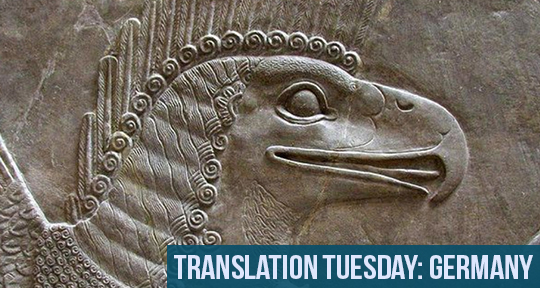Netflix miniseries The Queen’s Gambit illustrated the international culture of chess. As it turns out, the game’s spread around the globe is a story of translation. In this brisk and brainy rundown, Editor-at-Large Allison Braden tackles its evolution through time and space, setting up a board in which pawns can be farmers, bishops can be fools, and queens can be counselors.
In December of last year, Netflix miniseries The Queen’s Gambit smashed viewership records for a limited-run series on the site. In the show’s first month of streaming, over 62 million people around the world tuned in to the story of a young woman who overcomes several challenges in her quest to become a world chess champion in the 1960s. The series was based on Walter Tevis’s 1983 novel of the same name, and like readers before them, viewers rooted for plucky chess prodigy Beth Harmon. Her eventual triumph was, for many, a bright spot at the end of a long and difficult year.
You won’t become a grandmaster by watching the series. (In fact, one of the only aspects of the show that pro chess players took issue with was the speed of the games. In a concession to viewers, they were faster paced than matches at real tournaments.) But The Queen’s Gambit is a crash course in the culture of chess. It’s fiercely competitive, requires visual and strategic intelligence, and remains extremely male dominated (despite studies showing men aren’t inherently better at the game). Chess is also truly universal—and where there’s an international pastime, there are translators.
In the show, Harmon travels to Mexico, France, and the USSR. As her skill grows, her competitors increasingly hail from foreign countries, and as it becomes clear that the ultimate test of her ability will come in Moscow, she begins to study Russian. In the heady final scenes, commentators relay her moves in a variety of languages for listeners around the world. After The Queen’s Gambit was released, interest in chess boomed. One of the most popular ways to play is online. Chess.com boasts users from dozens of countries, and they can all play one other. Like many sports, chess transcends language; in a way, it is its own language. Players worldwide understand the pieces: the king’s hesitance, the queen’s might. The bishop, which can only move diagonally, speaks his own sideways tongue. READ MORE…


